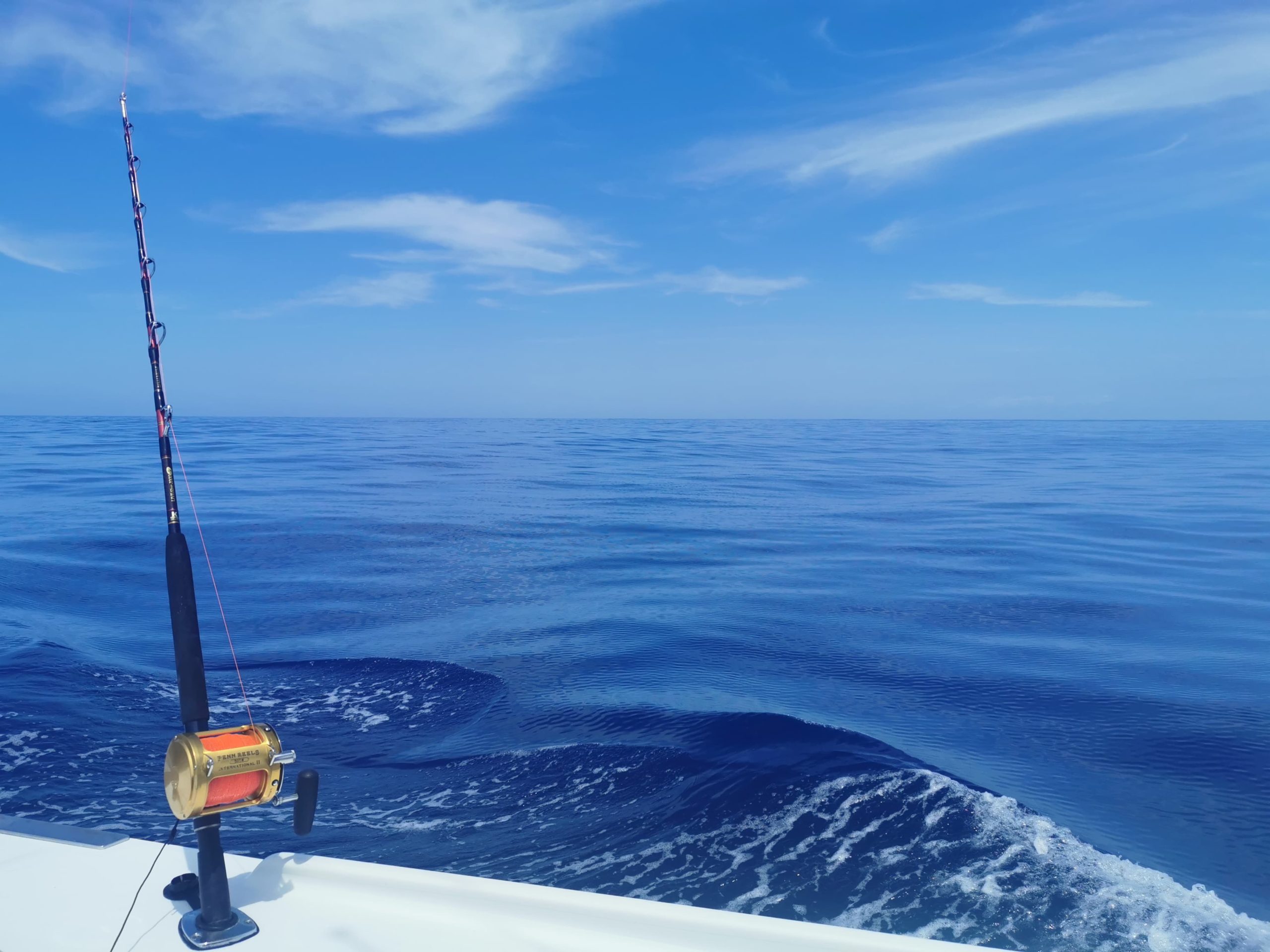FAQs
All FAQs |
Customary Fisheries | Fisheries Management | maximum sustainable yield | QMS | Economics | Fishing | Rescue Fish | Environment | Fishing methods | Recreational Fishing | Fishcare | customary | Kahawai | Reform scam | Baitfish | Scallops | Crayfish | WRC decision | Marlin | Reef fish
June 26, 2025
No, it depends on your definition of “sustainable”. Under the Quota Management System the stocks that get the most attention are usually the ones that are important to commercial interests. That means most effort is directed to delivering proposals that increase commercial catch limits, or churning out science that supports the maintenance of existing catch ... Read more.
June 19, 2025
Alternatives to trawling include long lining and trapping as they are more selective and less damaging to the marine environment. While these alternative methods may be more time consuming they generally deliver better quality fish which ought to attract a higher value return.
June 19, 2025
Since 2012, LegaSea has advocated for the removal of bottom trawling and other destructive mobile, bottom-contact fishing methods such as Danish seining and dredging, from New Zealand’s inshore marine environment. LegaSea supports a transition to more selective harvest techniques.
June 19, 2025
Between 2023 and 2024, the total area trawled in New Zealand’s inshore and deepwater fisheries is equivalent to more than 168,000 square kilometres. That’s the same as dragging nets across the equivalent of 22 million rugby fields, every year. The total area trawled each year in the inshore fishery has been declining since 2018. Source ... Read more.
June 19, 2025
Some of the most common species targeted by inshore bottom trawlers includes snapper, gurnard, tarakihi and john dory. The non-targeted lower value species, commonly referred to as ‘bycatch’ can include spiny dogfish, seafloor dwelling organisms, molluscs, occasionally dolphins and various other species. It’s important to note that targeted and unwanted species caught by bottom trawlers ... Read more.
June 19, 2025
There are three main issues associated with bottom trawling: Destructive – Bottom trawling damages the seafloor and the creatures living on/in it, often leaving long-lasting impacts on the marine ecosystem. Bulk harvesting – Bottom trawling allows for large amounts of fish to be caught during one fishing event. The fish that are caught in the ... Read more.
June 19, 2025
Bottom trawling is an industrial fishing method that involves dragging weighted nets across the seafloor to catch marine life that live on/near the bottom. Heavy steel ‘trawl doors’ are attached to the sides of the trawl net and dig into the seafloor. The trawl doors also act to keep the net’s mouth open and assist ... Read more.
May 30, 2025
The Minister is calling the proposals a reform package, claiming that they will improve responsiveness, efficiency and certainty of how our fisheries are managed. The proposed changes are not reforms. They are merely changes to improve quota owners’ interests at the expense of the public, the marine environment and small-scale fishers. Real reforms require meaningful ... Read more.
May 30, 2025
The reforms will make it easier for quota owners to access and export our fish by reducing regulations, fast-tracking decisions and weakening sustainability safeguards. It also means quota owners can decide how much fish is caught during the year, a statutory function normally exercised by the Minister.
May 30, 2025
They could have a big impact on recreational fishing and access to our most popular species. The proposals mean that commercial fishers get to determine how much fish is caught, where and when. The Minister is the only person with a statutory duty to limit catches and make sure there is enough fish in the ... Read more.

